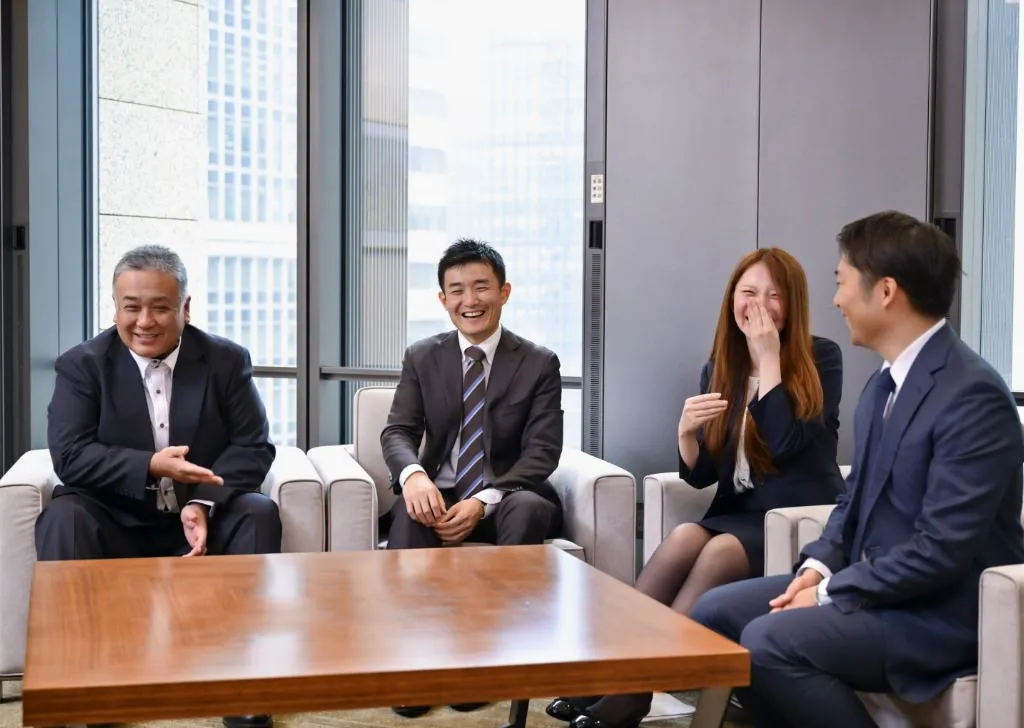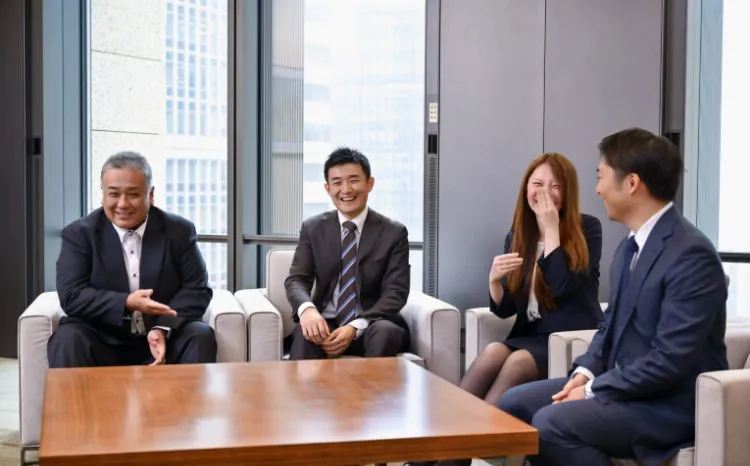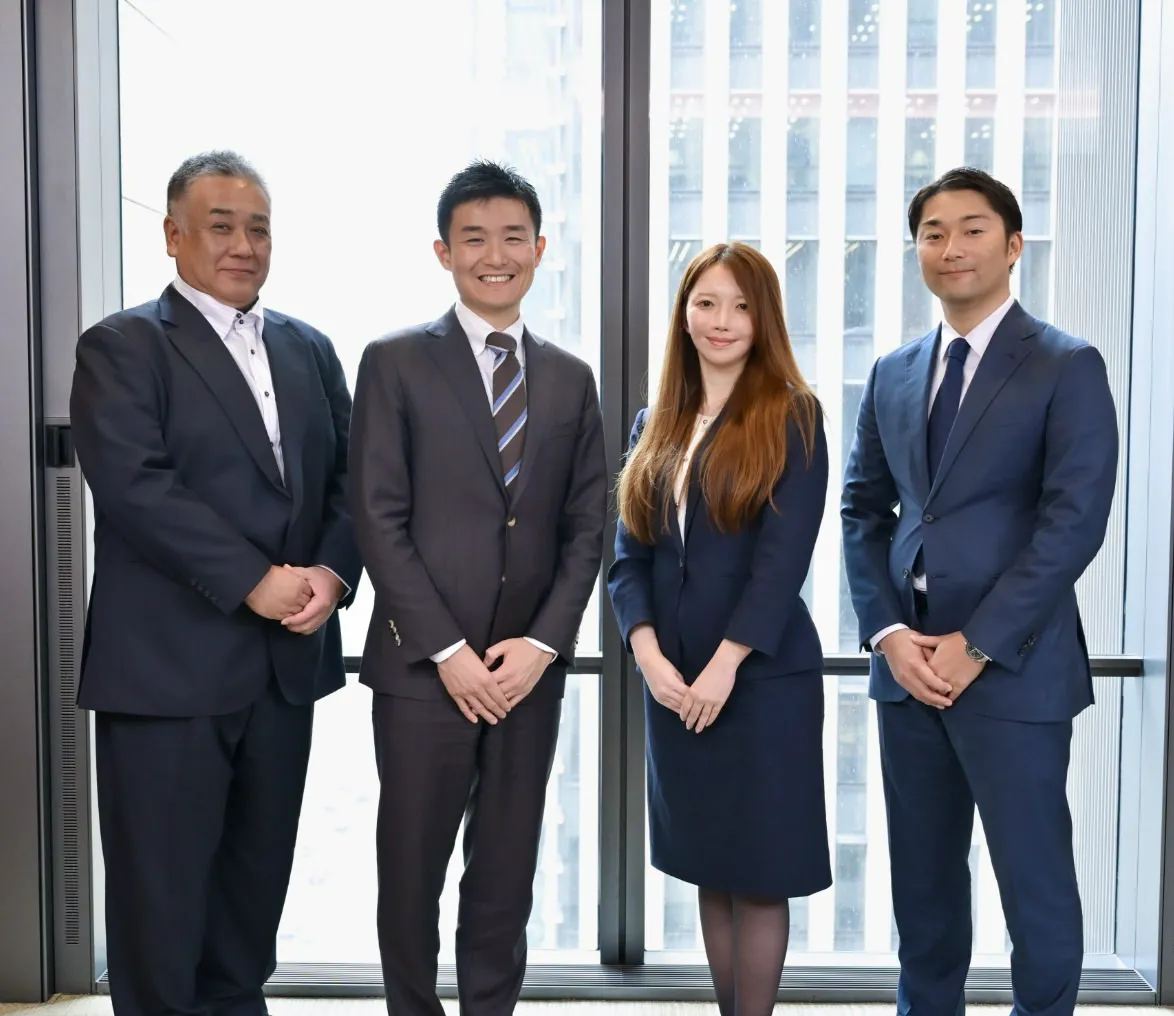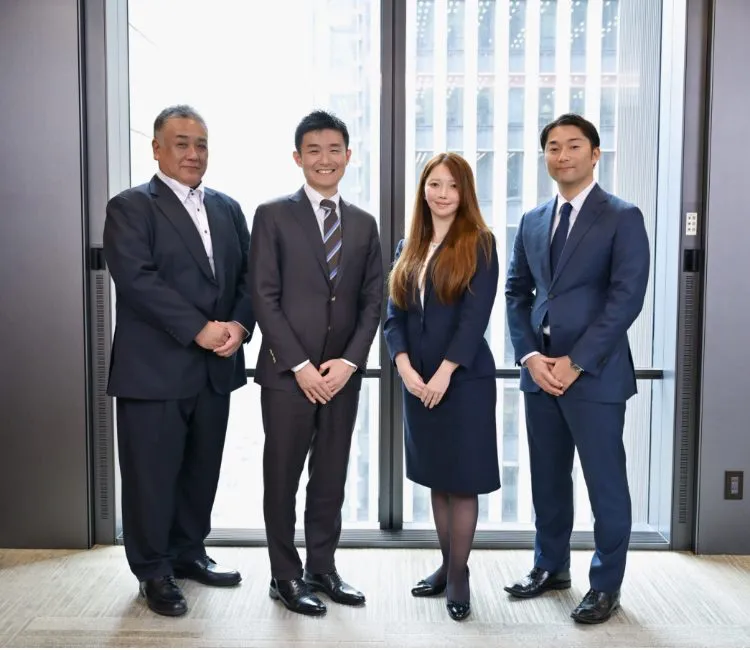Kikai Town, located in Kagoshima Prefecture, is part of the Amami Islands. The island is formed by the uplift of coral reefs, and is blessed with rich natural surroundings. However, climate change poses a significant threat to the town. Typhoons have become larger and more frequent, causing prolonged blackouts due to the increase of damage to the power lines. Due to the situation, strengthening disaster resilience has become an urgent priority for the island. Additionally, there are concerns about landslides, road disruptions, and water supply interruptions due to the intensification of disasters. Moreover, the rise of sea temperatures caused by global warming poses a threat of coral reef bleaching and death, which could broadly impact both daily lives of the people and tourism resources.
To address these challenges, Kikai Town formulated the Regional Decarbonization Vision in April 2024, aiming for carbon neutrality. The plan focuses on three pillars: energy, lifestyle, and human resource development. Beyond achieving carbon neutrality, the plan focuses on regional revitalization through decarbonization, including the development of clean energy-based transportation networks. In this context, Sumitomo Mitsui Banking Corp.(SMBC), Chiyoda Corp., and Sumitomo Mitsui Finance and Leasing Co., Ltd. (SMFL) signed a partnership agreement with the town. Various initiatives are being implemented to establish a model for other remote islands facing similar challenges.
Public-Private
Collaboration for
Regional Challenges
and Decarbonization
The Regional Decarbonization Vision prioritizes the use of renewable energy and strengthening disaster resilience. In August 2024, Typhoon No. 10 caused a week-long power outage, leaving evacuation centers without electricity. After signing the comprehensive partnership agreement, Remi Onishi from SMBC’s Public & Financial Institutions Banking Dept. visited Kikai Town to assess the impact. Reflecting on the situation, she noted,
“Witnessing the reality of power outages and communication disruptions caused by the typhoons placing a heavy burden on the lives and industries, I strongly felt the need to tackle these challenges as a stakeholder through this project.”


Additionally, due to its coral reef-based terrain, Kikai Town has low water retention capacity and depends on underground dams for agricultural water. However, extracting water from these dams requires a significant amount of electricity, making a stable power supply crucial for the town’s industrial foundation.
Given this situation, the town is working to establish a local microgrid, capable of supplying independent power during disasters. By incorporating renewable energy into this system, the town seeks to improve disaster resilience while promoting decarbonization.
However, incorporating renewable energy into a local microgrid poses significant challenges. So Ishii, Head of Decentralized Business Development, Strategic Solution & Incubation Dept. of Chiyoda Corporation, explains, “To prevent blackouts, balancing power supply and demand across the island is crucial. However, since renewable energy generation is weather-dependent, maintaining this balance is a hurdle. As a result, many island regions have prioritized thermal power generation for stability.”
Overcoming these constraints and integrating renewable energy requires significant investment and a long-term perspective. Therefore, stakeholders in the comprehensive partnership agreement are leveraging their expertise and coordinating closely. SMBC’s Sustainable Solutions Dept. dedicated to supporting client’s sustainability initiatives, has advised Kikai Town to leverage the subsidy program offered by the Ministry of Internal Affairs and Communications. This program is designed to assist in developing actionable plans to achieve Kikai Town’s decarbonization vision. Kikai Town is collaborating with The Japan Research Institute Ltd., an official advisor, to formulate policies for its decarbonization strategy. Meanwhile, SMFL is serving as an asset holder, facilitating the early adoption of renewable and energy-efficient solutions to address regional challenges.
“The local microgrid system developed in this project is designed for economic sustainability. If successful, it could become a model for remote islands worldwide that face similar challenges,”
says Shunpei Hemmi from SMBC’s Tokyo Corporate Banking Dept. 3, emphasizing the project’s broader impact.


The Ministry of the Environment’s Minister’s Secretariat, Regional Policy Division, Office for Circular and Ecological Economy hosted a networking event connecting companies and local governments working on decarbonization. This event ultimately led to this comprehensive partnership agreement. The office shared the following comment on Kikai Town’s initiatives:
“Achieving carbon neutrality by 2050 requires maximizing the use of renewable energy adapted to regional characteristics. Therefore, advancing community-based decarbonization is essential. As the importance of public-private collaboration grows, we are encouraged to see Kikai Town establish a comprehensive partnership agreement, fostering decarbonization and regional revitalization through dialogue and cooperation. We hope that Kikai Town, with its rich natural and cultural heritage, will become a model for decarbonization and local development for island regions.”
Transforming Kikai Town
into a Recognized
“Decarbonization Island”
Efforts are underway to decarbonize the town’s electricity supply alongside various initiatives. These include promoting electric vehicles (EVs), introducing new transportation systems, composting organic waste, establishing a local plastic recycling system, exploring lifestyles that incorporate coral reef culture, and visualizing Kikai Town’s CO₂ emissions. These measures also aim to revitalize the town and attract more tourists.
Masanori Nagai, Director for Policy Coordination, General Affairs Division of Kikai Town Office, stated, “We hope SMBC will continue supporting initiatives in lifestyle development and human resource training to increase the town’s interaction with tourists. Furthermore, we welcome the use of Kikai Town as a testing ground, with the goal to scale successful outcomes across the entire Amami Islands.”
Ishii added, “By utilizing SMBC’s extensive network in logistics and tourism, which are sectors outside our expertise, we can drive the project forward more effectively.”


Discussing the project’s direction, Onishi noted, “It is crucial to measure the reduction in CO₂ emissions and showcase the tangible impact of our efforts. This will objectively highlight the value created and help garner further support.”
Reflecting on the initiative, Hemmi shared, “In 10 to 20 years, I hope Kikai Town will emerge as a ‘Decarbonization Island,’ gaining recognition both in Japan and globally. If that happens, I would be proud to tell my child, ‘I played a role in this island’s decarbonization.’ ”





